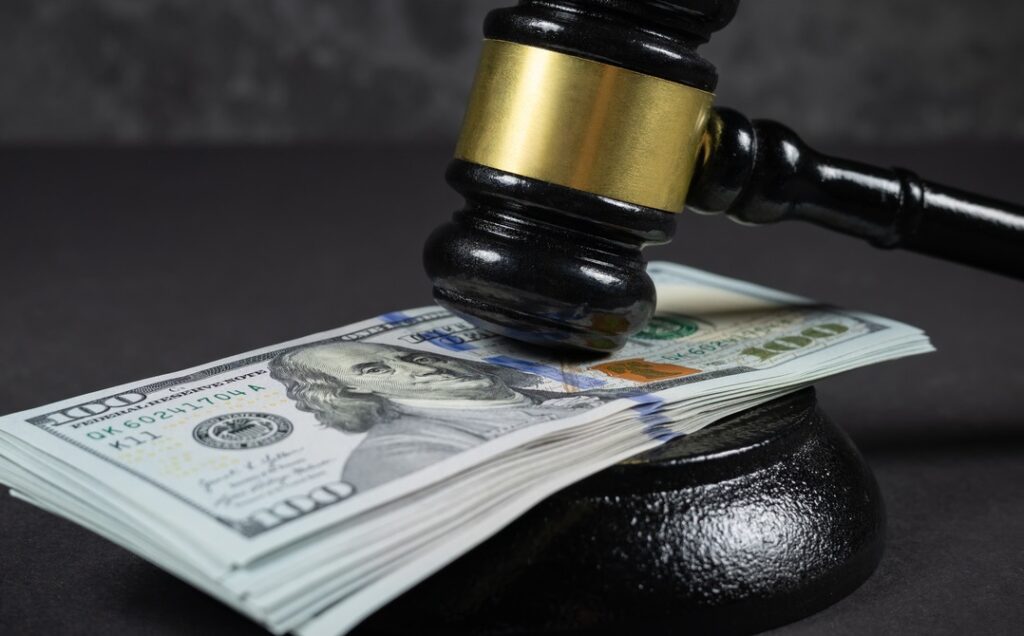
There is an aspect to civil law known as ‘asset discovery’. Asset discovery is employed following a judgment being entered against one party. Its purpose is to uncover assets the winning party, known as the judgment creditor, might leverage in order to secure payment. Assets are often the only leverage judgment creditors have.
The process can be easy or hard. It depends a lot on how cooperative the losing party, known as the judgment debtor, chooses to be. A less cooperative debtor makes asset discovery more difficult and vice versa.
Assets Commonly Used for Leverage
Salt Lake City-based Judgment Collectors explains that certain types of assets are better than others. And in fact, some assets are off limits for debt collection purposes. State law determines the types of assets a judgment creditor can go after. Most states allow the following:
- Wages and other sources of income
- Bank accounts (both checking and savings)
- Real property (primary residences are usually excluded)
- Boats, RVs, planes, cars, etc.
- Jewelry and collectibles
Where real property is concerned, most states protect a debtor’s primary residence entirely. Others protect just a portion of its value under a homestead exemption law. The only exception is foreclosure, but a foreclosure proceeding is being treated as distinct and separate for the purposes of this post.
When Judgment Debtors Cooperate

Asset discovery is fairly simple when judgment debtors cooperate. A cooperative debtor will not need any prompting. After a judgment is entered against him, he will voluntarily offer information on all his income assets. This is usually done through an attorney.
Some states mandate a debtor’s examination post-judgment. This would be an additional court hearing during which time the debtor would be compelled to provide truthful and complete information on assets and income.
When Judgment Debtors Don’t Cooperate
More often than not, debtors do not cooperate post-judgment. Attorneys for the creditor must begin the asset discovery process themselves or bring in a judgment collection agency like Judgment Collectors. Here are some of the strategies for finding assets belonging to an uncooperative debtor:
- Subpoenas – Financial institutions can be subpoenaed, forcing them to provide financial information about their clients. A carefully worded subpoena could give a judgment creditor all the information he needs to know about a debtor’s bank accounts.
- Interrogatories – Interrogatories is a legal tool utilized by creditors. It is essentially a list of written questions the creditor’s attorney furnishes to the debtor’s attorney. The debtor is ejected to answer the questions truthfully and in a timely manner.
- Bench Warrant – If a debtor fails to voluntarily answer interrogatories and/or respond to a debtor examination, the court can issue a bench warrant for his arrest. Police could detain him and bring him to court, where he would be compelled under oath to answer questions about income and assets.
It’s not uncommon for experienced debtors to provide incomplete or untruthful information during interrogatories and debtor’s examinations. So even if a creditor thinks he has all the information to move forward, he may not.
Most Need Help Collecting
The challenges inherent to asset discovery explain why most creditors need help collecting money judgments. Attempting to collect without the help of an experienced attorney or collection agency tends to get a creditor nowhere.
Fortunately, both attorneys and collection agencies know how to optimize the asset discovery process. They can find out in short order what a debtor has that could be leveraged for payment. If a debtor’s assets are valuable enough, he is more likely to find a way to pay rather than risk those assets.






